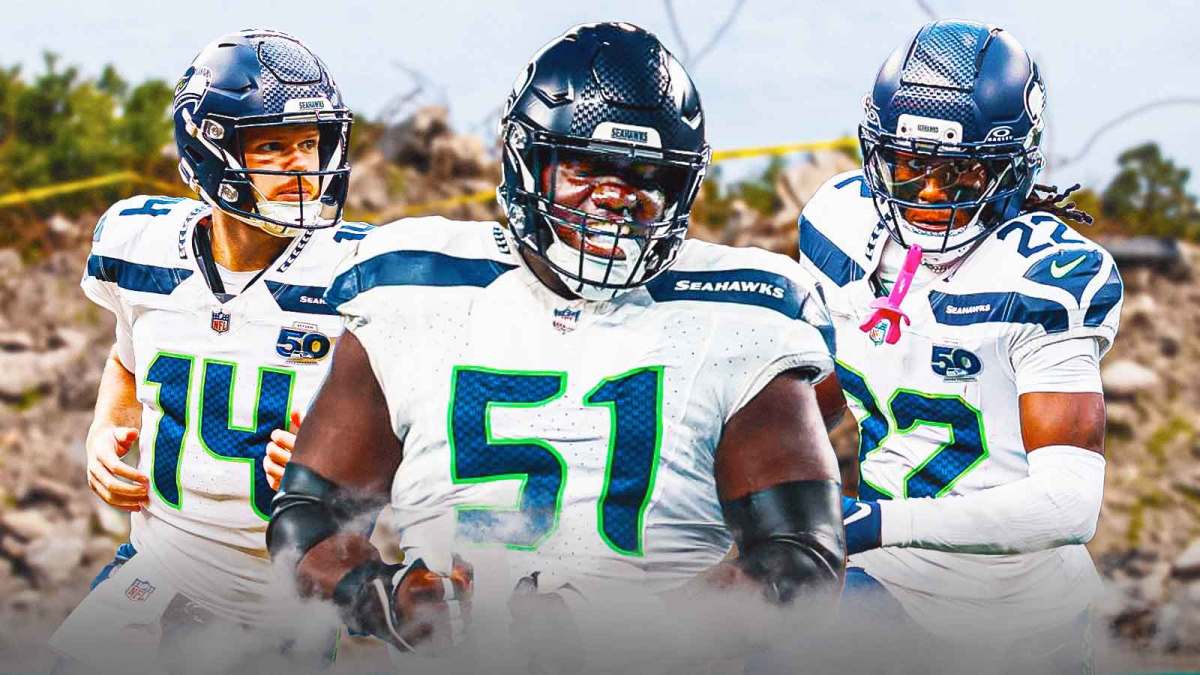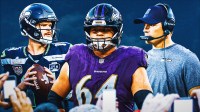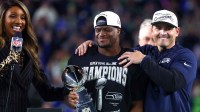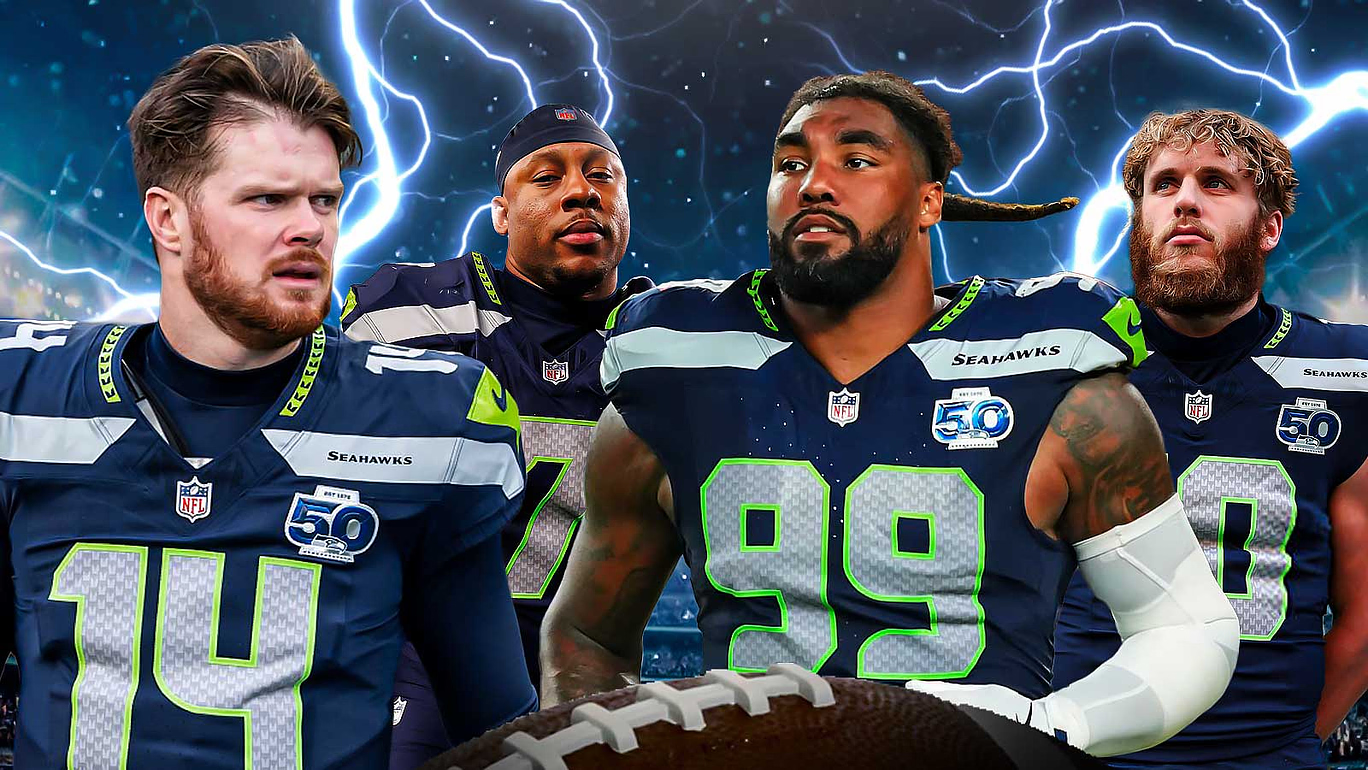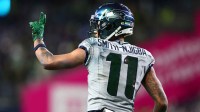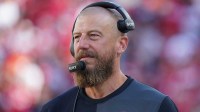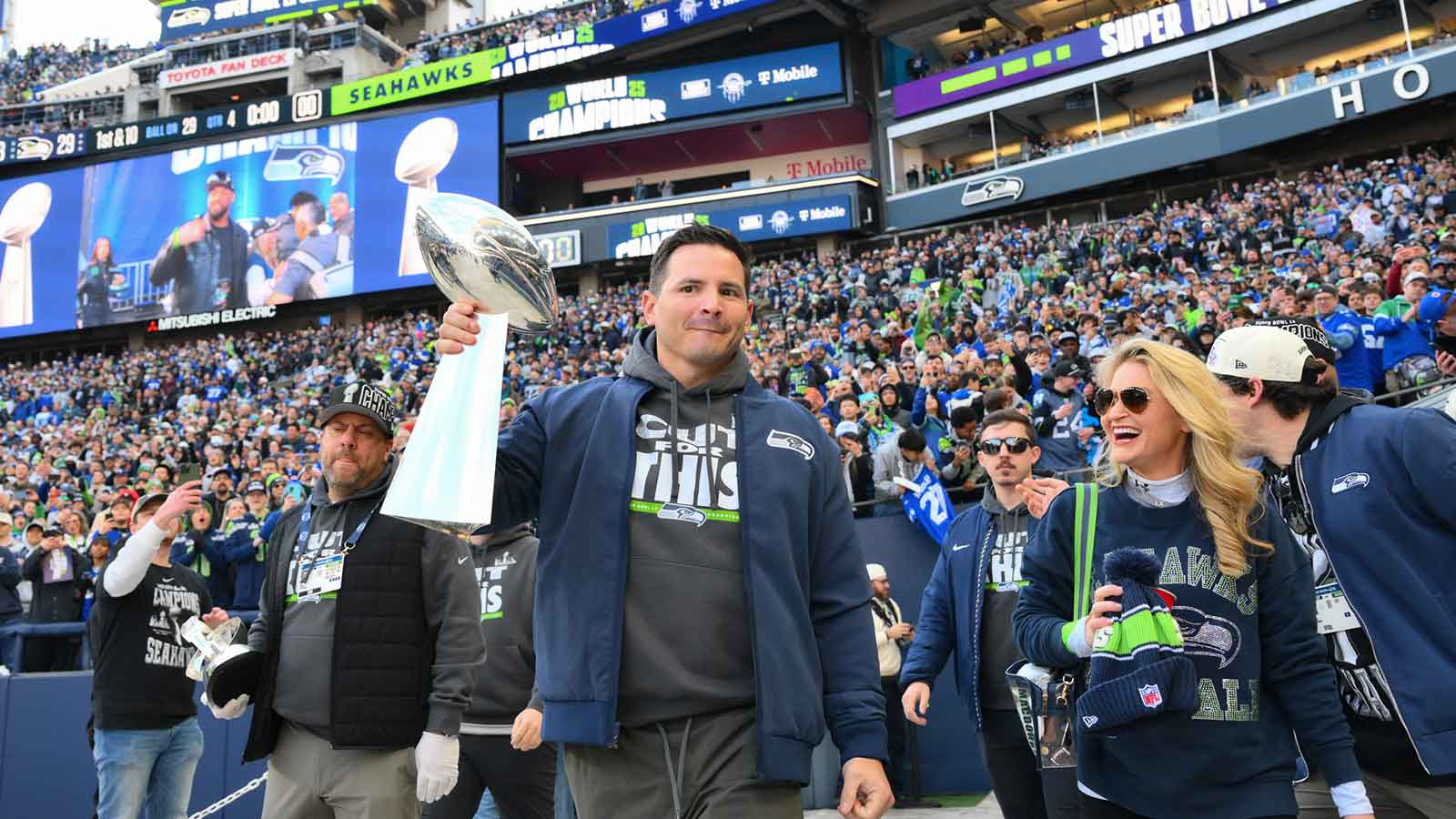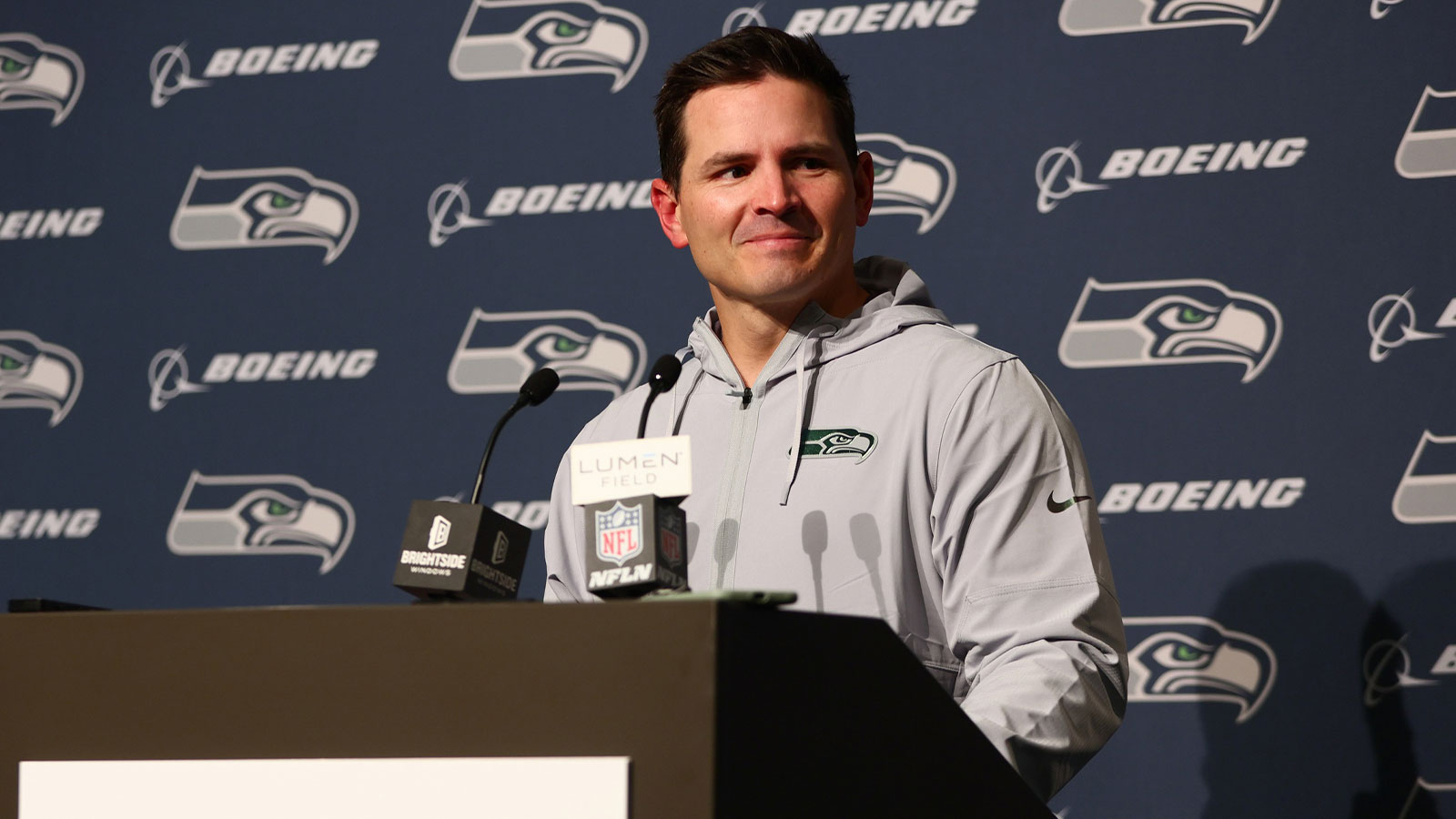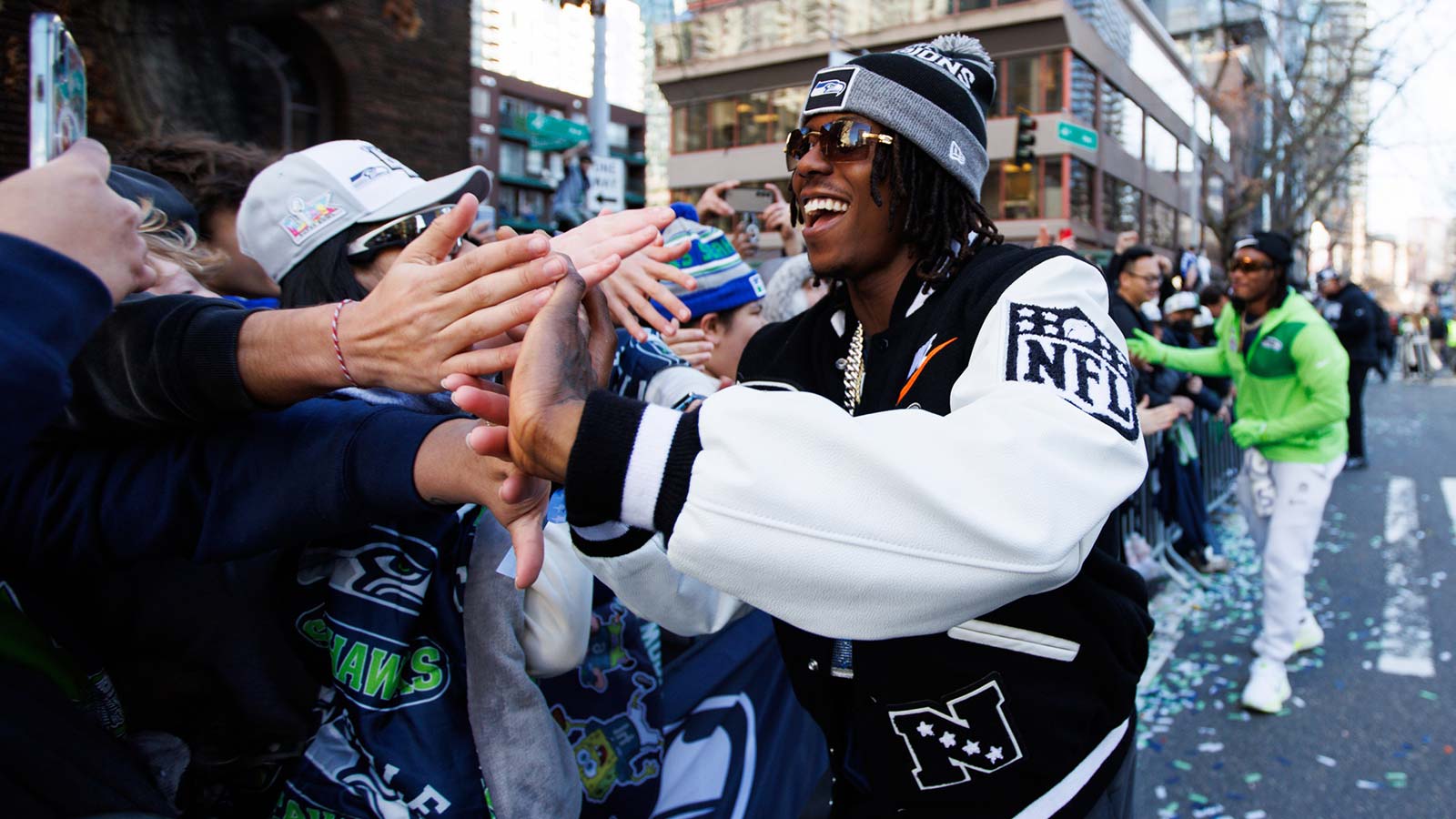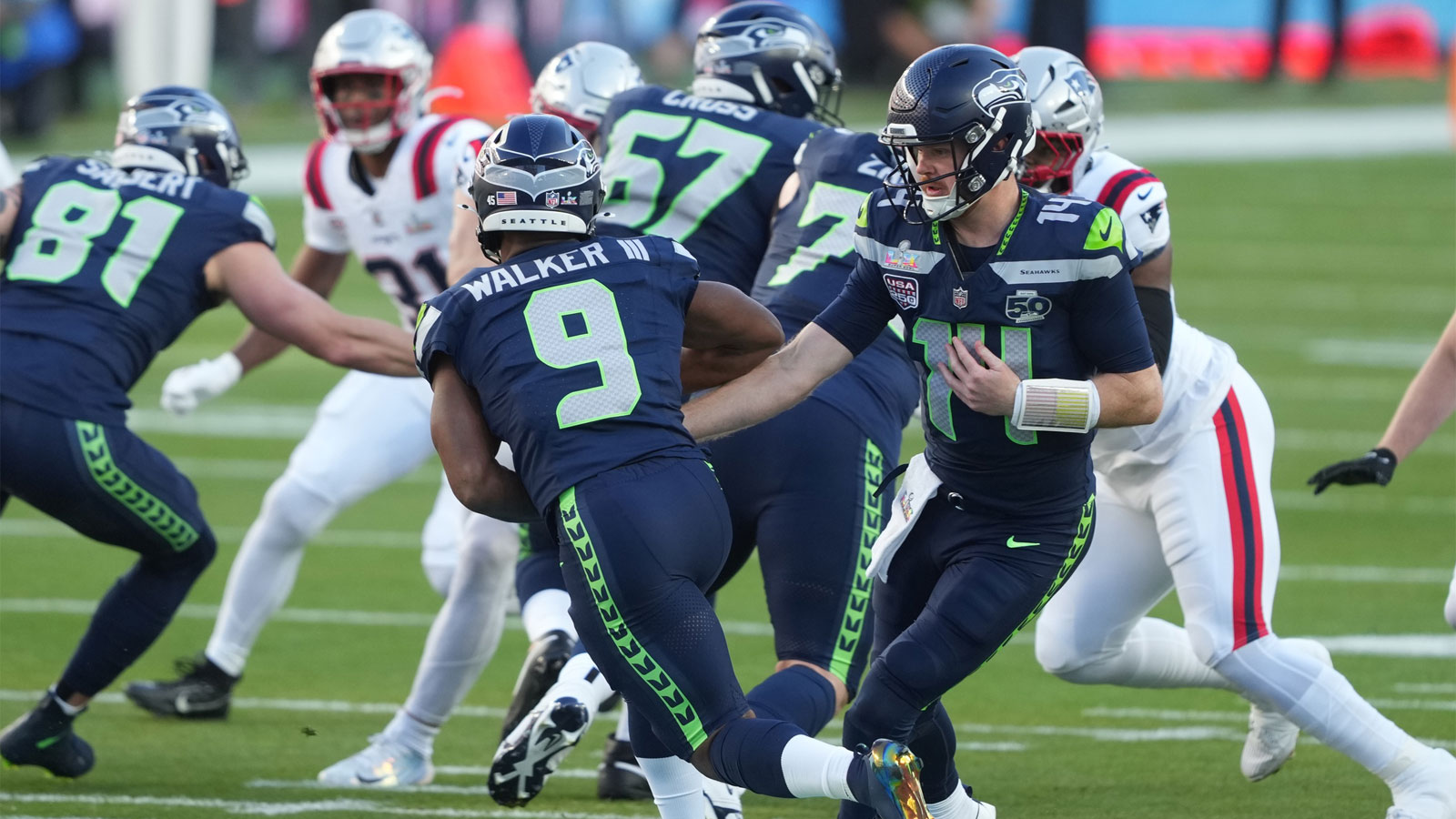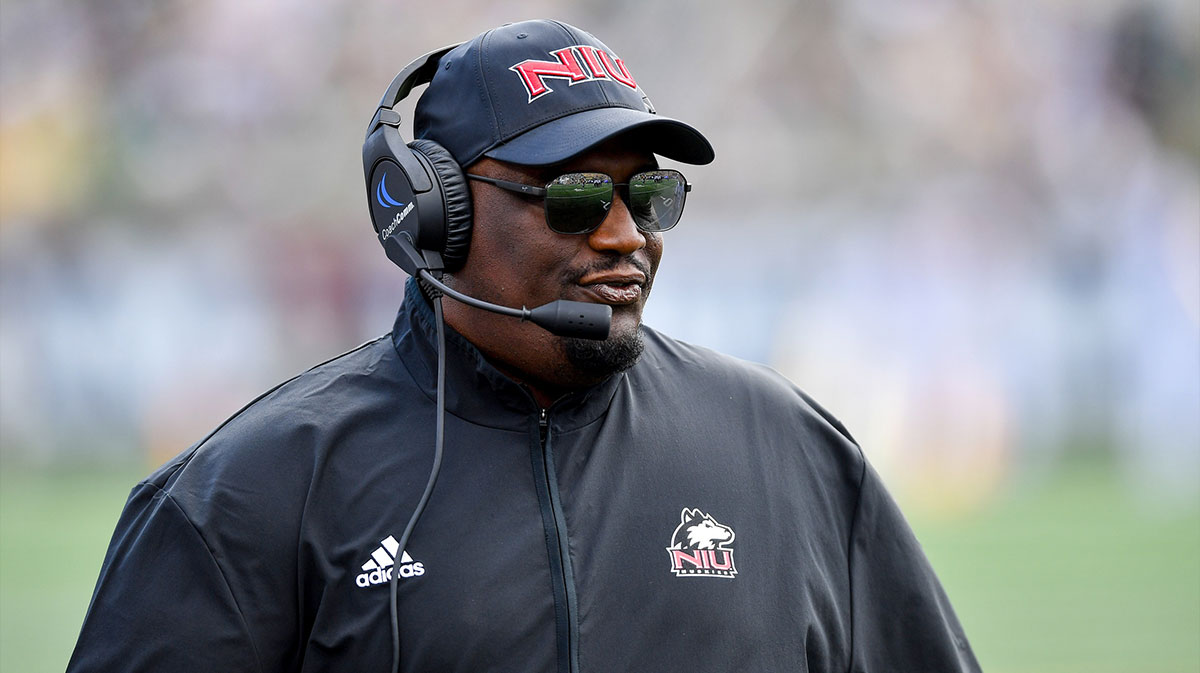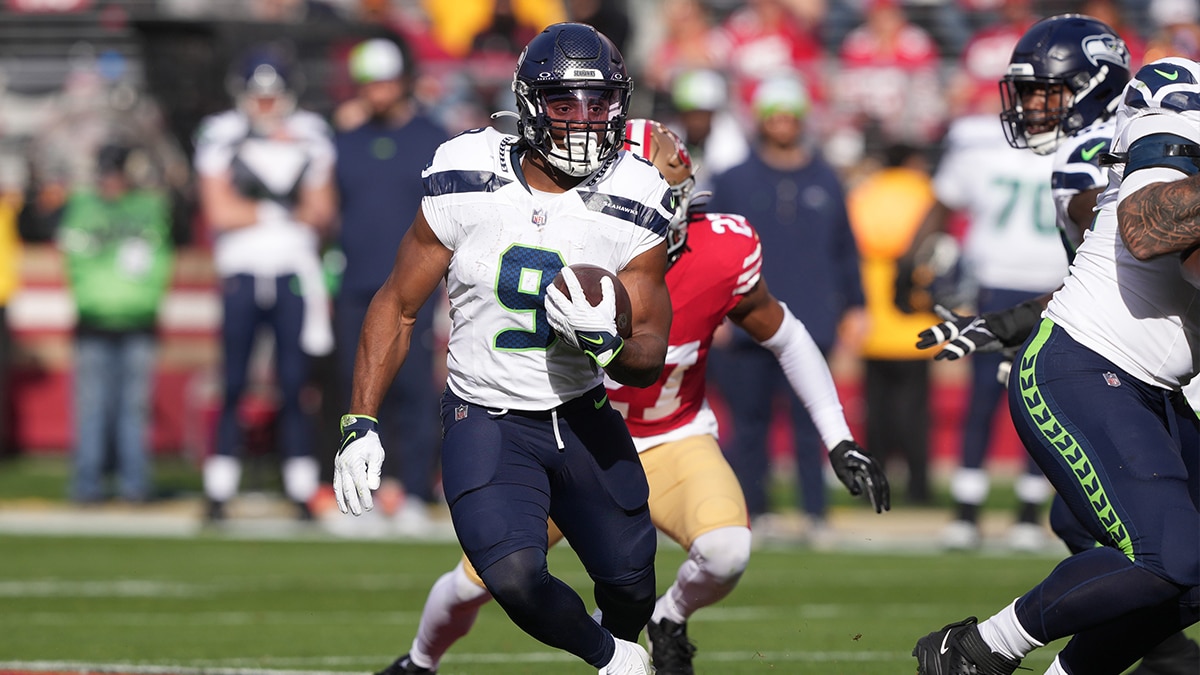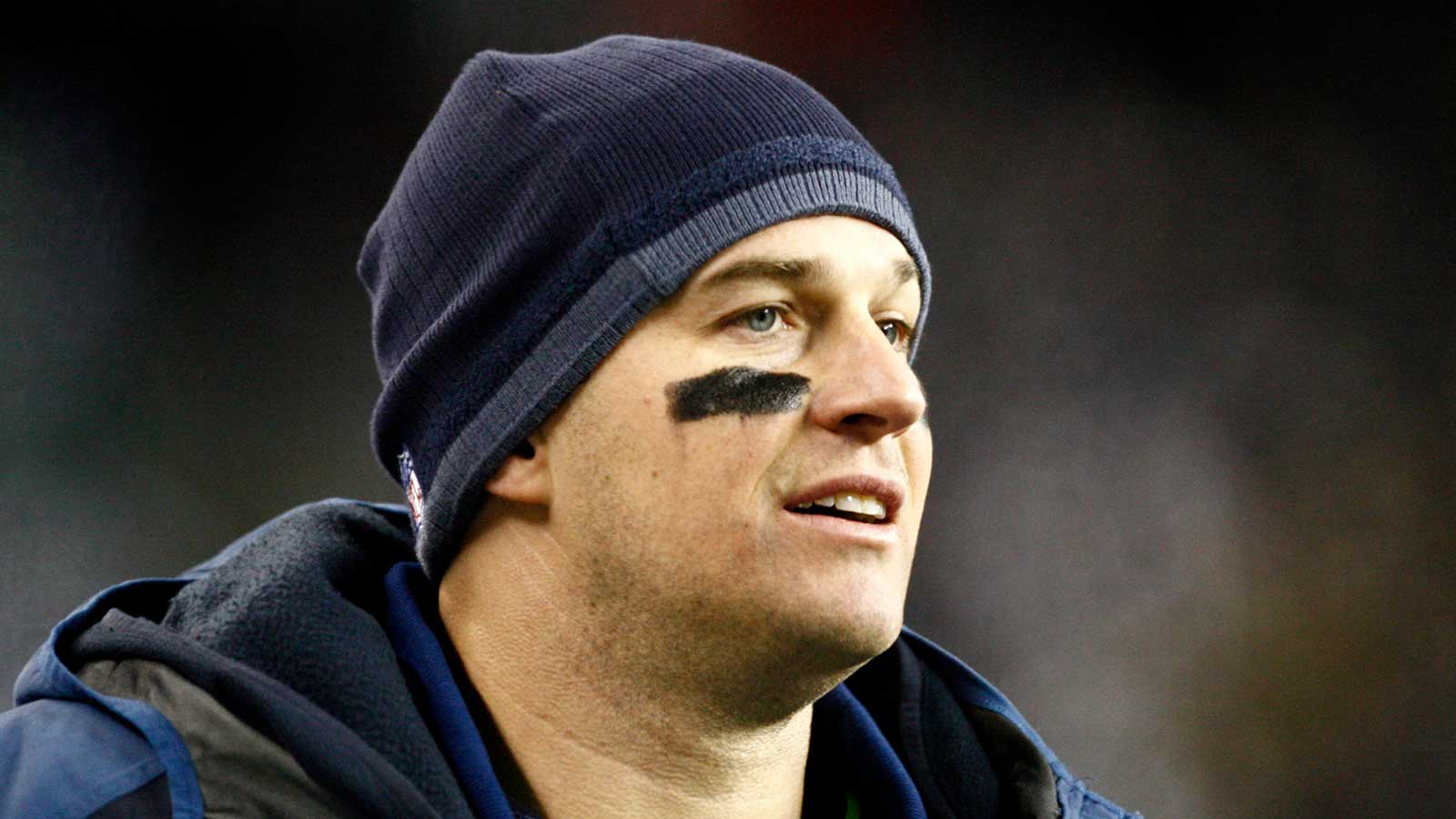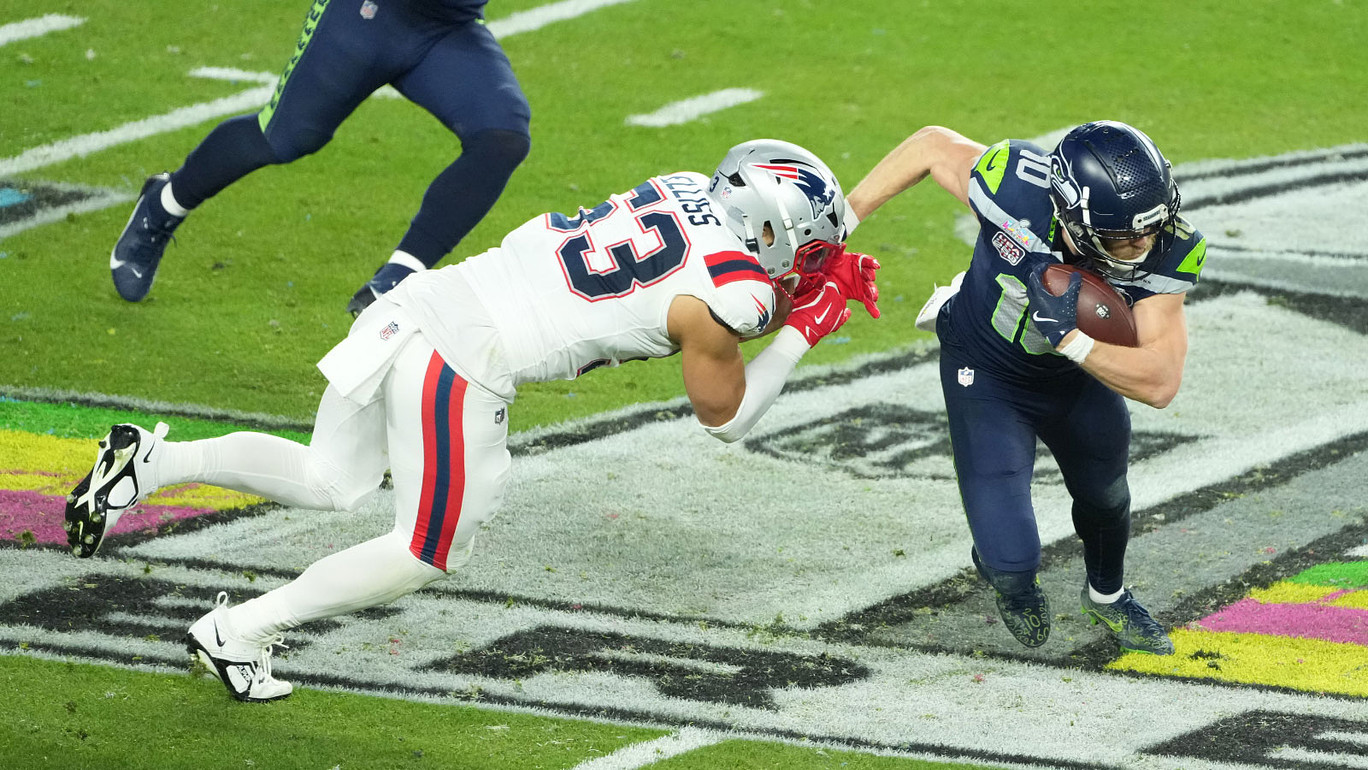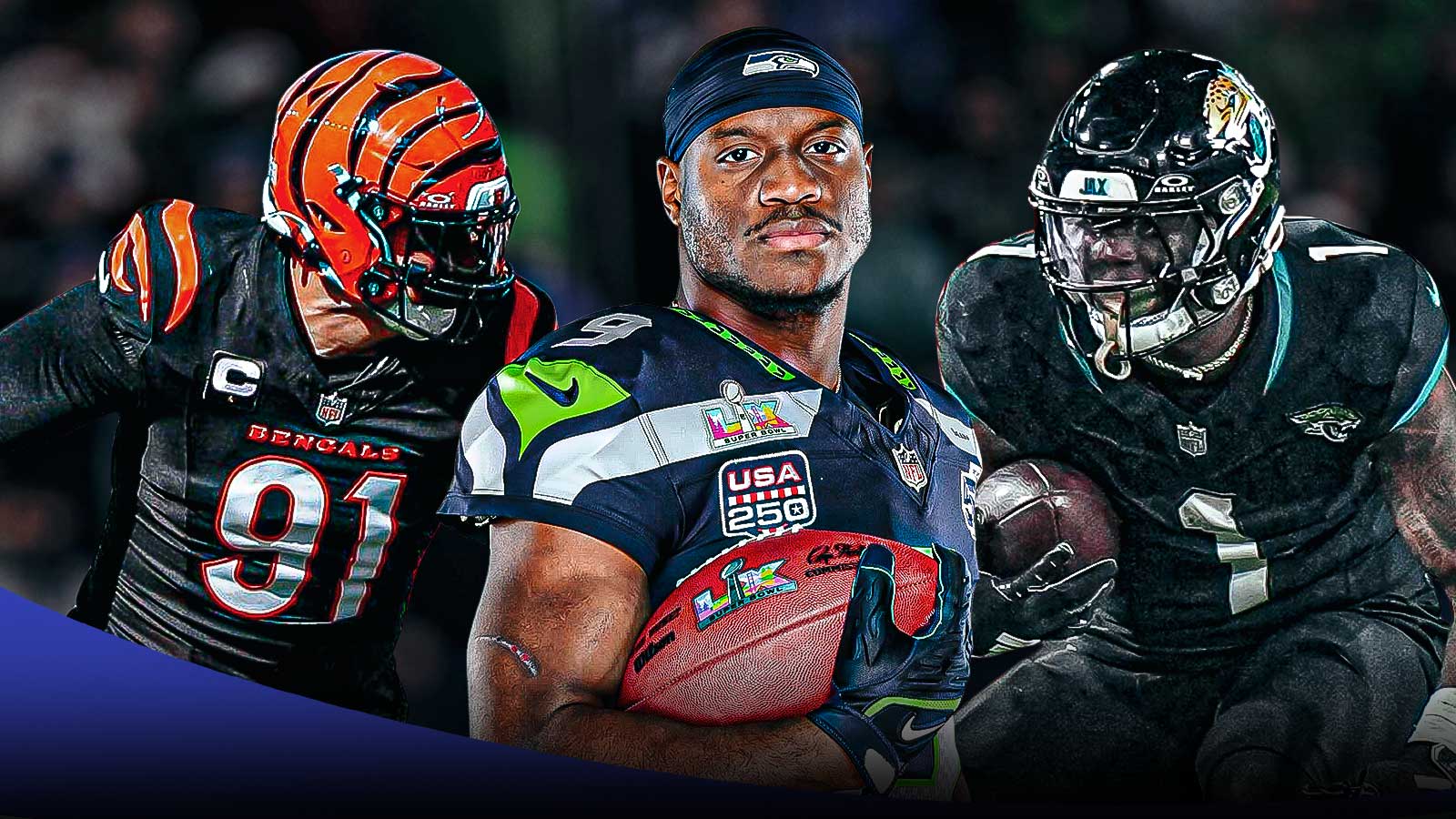The Seattle Seahawks entered Week 11 riding high on a four-game winning streak. Their offense was clicking and their defense quietly emerging as one of the NFC’s most balanced units. On Sunday in Los Angeles, though, everything that had gone right for weeks unraveled. The Seahawks fell to the Rams, 21-19, in a game that will be remembered less for what the Rams did right and more for what Seattle did wrong.
Painful setback
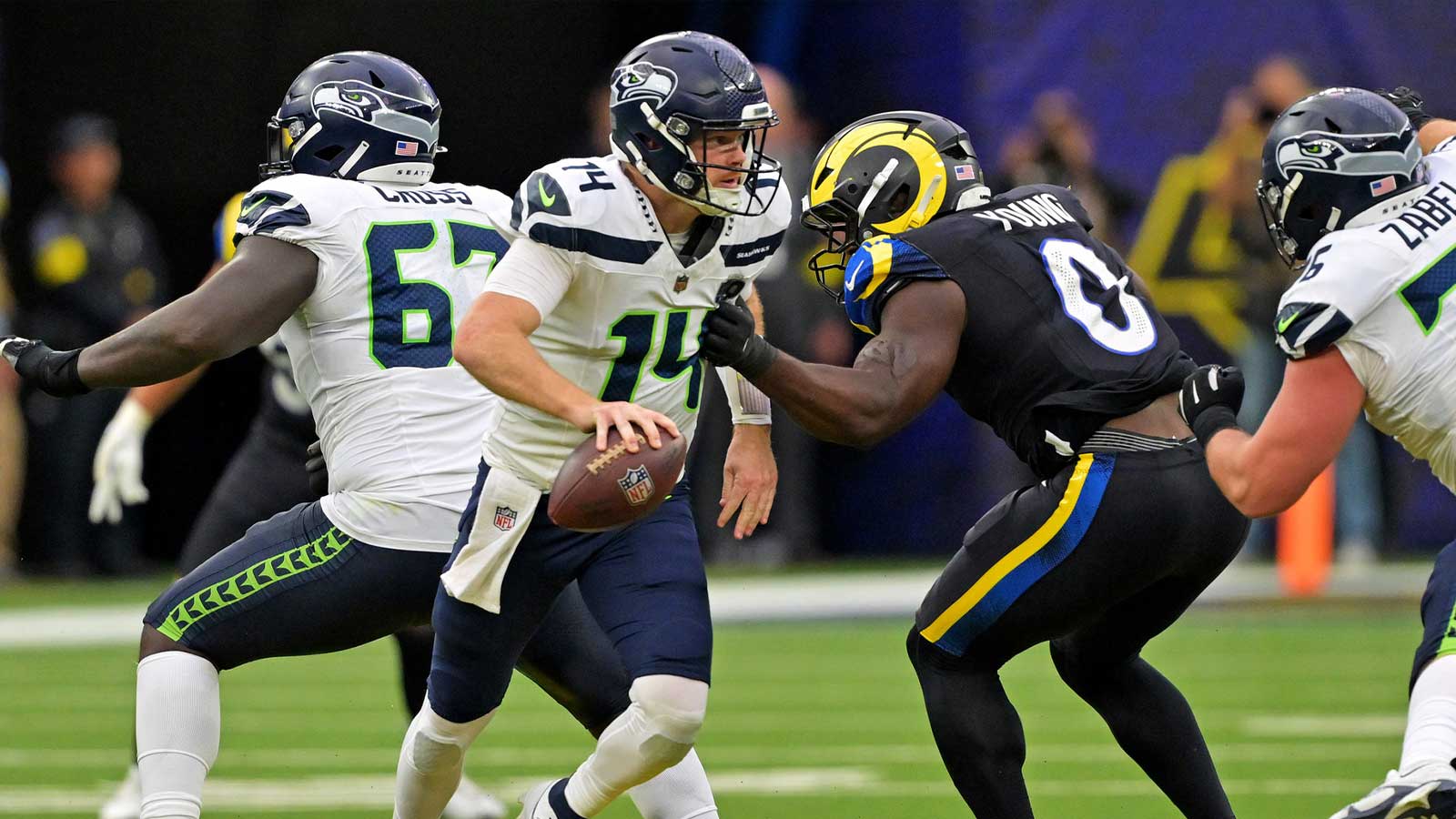
The story was Sam Darnold’s four-interception meltdown. Despite flashes of rhythm and a solid defensive effort, Seattle’s offense imploded with turnovers at the worst possible times. Two of those interceptions directly led to Rams touchdowns. Meanwhile, a missed 61-yard field goal attempt by Jason Myers at the buzzer sealed the defeat. The loss dropped the Seahawks to 7-3. It also ending their winning streak and knocked them into a tie atop the NFC West. In a season where the margin between contender and pretender is razor thin, this one will sting for a while.
Here we'll try to look at and discuss the Seattle Seahawks most to blame for their costly road loss to Los Angeles Rams.
Sam Darnold’s nightmare night
It was supposed to be another chance for Darnold to prove that his renaissance in Seattle wasn’t a mirage. Instead, he delivered his worst game of the season. It may well be one of the most frustrating of his career, too. Darnold threw four picks, including three in the second half. Each was a dagger to the Seahawks’ momentum.
What made the turnovers so costly wasn’t just their timing, but their location. The Rams started ensuing drives at Seattle’s 3-, 35-, 25-, and 49-yard lines. They plainly gift-wrapped field position that even an average offense could convert into points. Two of those short fields turned into Los Angeles touchdowns. That put immense pressure on a defense that had spent most of the night bailing out its quarterback.
Darnold’s decision-making was uncharacteristically poor. He stared down receivers, misread coverage rotations, and forced throws that weren’t there. Rams safety Kamren Kinchens intercepted two passes. Meanwhile, defensive tackle Cobie Durant and corner Darious Williams each grabbed one. It was a nightmare scenario for an offense that prides itself on efficiency and balance. Darnold finished the game with a paltry 45.5 passer rating.
Rashid Shaheed’s missed chances
Wide receiver Rashid Shaheed was supposed to add explosiveness to Seattle’s offense. Instead, he became a symbol of the little mistakes that doomed the Seahawks in Los Angeles. He caught just two of five targets for 27 yards. Shaheed also narrowly missed turning a deep shot into a potential game-changing touchdown. Rams cornerback Emmanuel Forbes Jr made a remarkable recovery to break up the pass. However, it was another reminder of Shaheed’s frustrating “almost” moments since joining the team.
Shaheed’s issues went beyond missed opportunities. Late in the fourth quarter, Shaheed’s misalignment at the line of scrimmage caused confusion and burned valuable seconds off the clock. That happened as Seattle tried to mount a final drive to set up Jason Myers’ field goal attempt. Those lost seconds loomed large.
Shaheed’s potential remains tantalizing, of course. His speed is real, and his fit in the offense is logical. That said, Sunday was a lesson in execution. For a team fighting for playoff seeding, mental lapses like that can’t happen.
Offensive line caves
Seattle’s offensive line has been one of the season’s underrated success stories. Still, on Sunday, it regressed in dramatic fashion. Sure, the stat sheet shows no sacks. However, the reality was Darnold was under siege for most of the game.
The Rams’ pass rush constantly pushed the pocket. They forced Darnold into rushed throws and bad reads. The offensive tackles struggled with stunts and delayed blitzes. Meanwhile, the interior line failed to keep a clean pocket against Los Angeles’ disguised pressures. Chaos resulted.
This wasn’t just about one bad game, either. The line’s communication issues and inability to pick up pressure have shown up intermittently all season. Against elite defenses, it’s becoming a recurring vulnerability.
Coaching mistakes
Of course, players bear much of the blame. That said, coaching wasn’t blameless in this loss. Sunday’s execution, clock management, and play-calling raised eyebrows.
Seattle’s first touchdown came on a brilliant 11-play, 3:33 drive. By leaving 2:27 on the clock, though, the Seahawks gave the Rams just enough time to respond. To their credit, the defense held. However, it forced Seattle to begin its final possession pinned deep with only one timeout left.
From there, the operation felt frantic. Substitutions were late, time was wasted between plays, and the Seahawks were scrambling against the clock.
Macdonald’s conservative approach early also proved costly. On fourth-and-short near midfield in the second quarter, he opted to punt instead of pushing the envelope. The Rams responded with a 75-yard scoring drive. Meanwhile, Sean McVay’s aggressiveness on fourth downs and his use of timeouts in the second half gave Los Angeles the flexibility to dictate tempo late.
Execution failures are one thing; tactical ones are another. On Sunday night, the Seahawks suffered from both.
Seattle beat itself
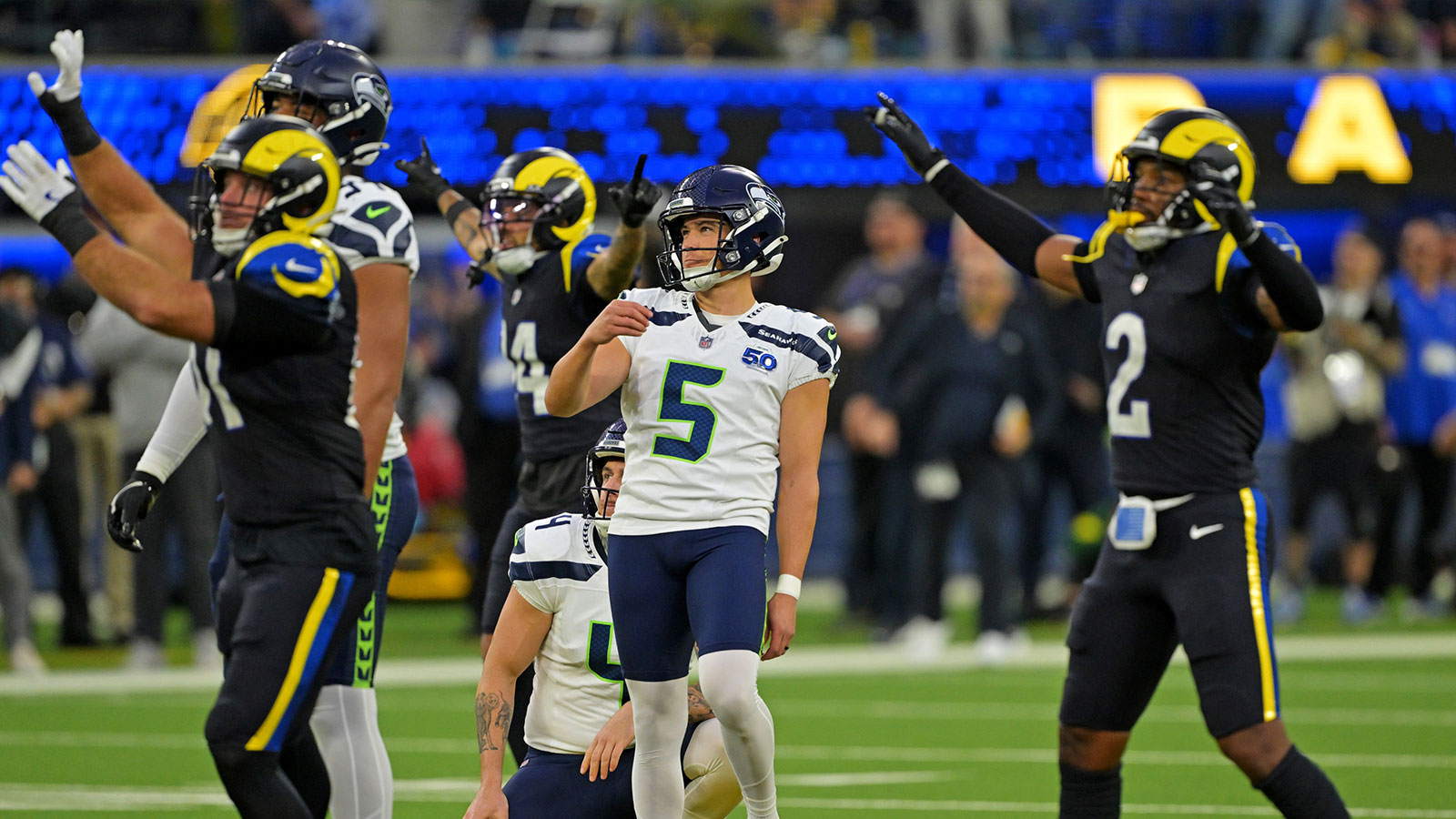
The Rams deserve credit for capitalizing. Still, this was Seattle’s game to win, and they handed it away. Four interceptions, missed assignments, and a lack of composure in crunch time turned a winnable divisional matchup into a painful setback.
At 7-3, the Seahawks remain firmly in the playoff hunt. This loss, though, especially one marked by self-inflicted wounds, is a reminder that the difference between contender and pretender often comes down to discipline.
If Seattle wants to reclaim control of the NFC West, it must get Darnold back in rhythm and stop sabotaging itself. Because games like this that slip away by inches and seconds are the ones that haunt teams in December.

